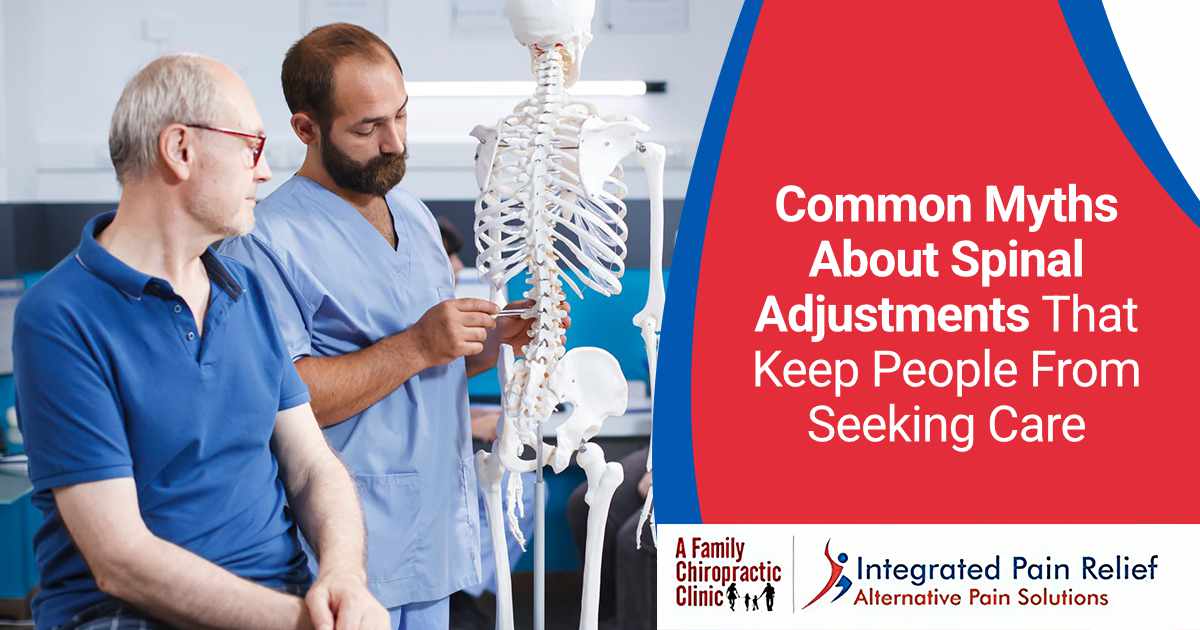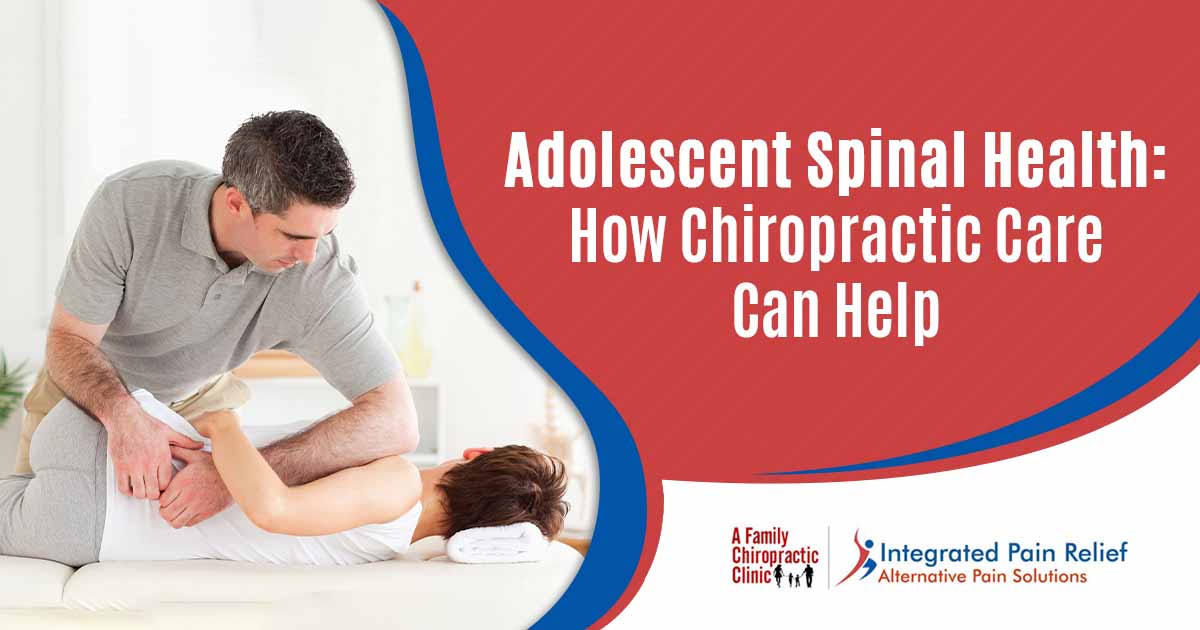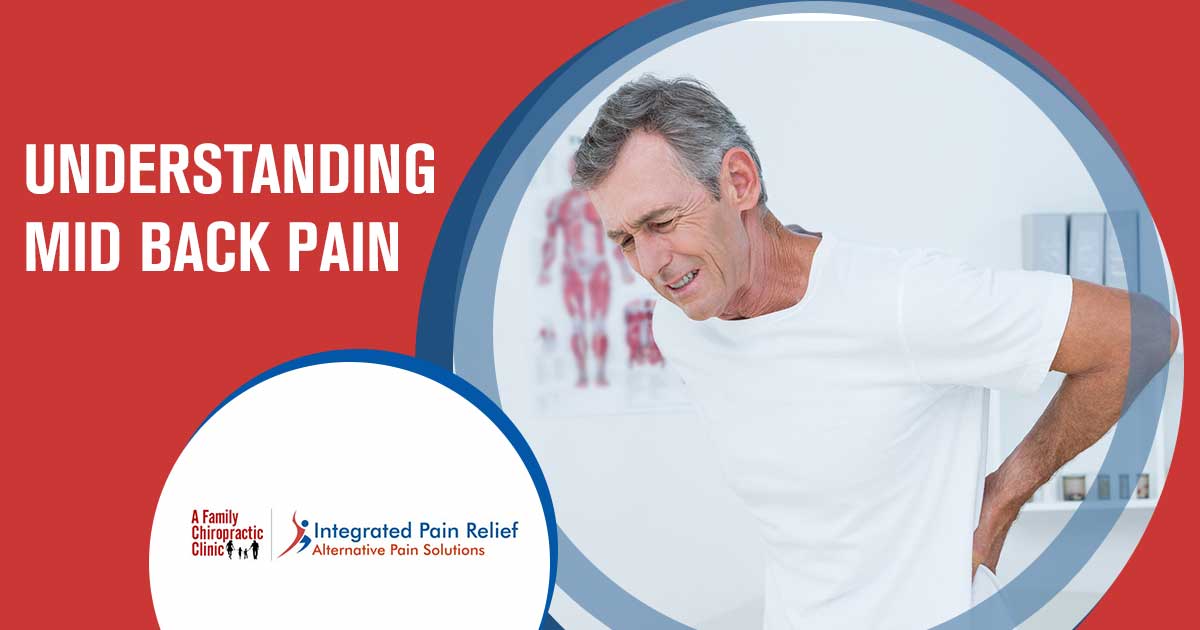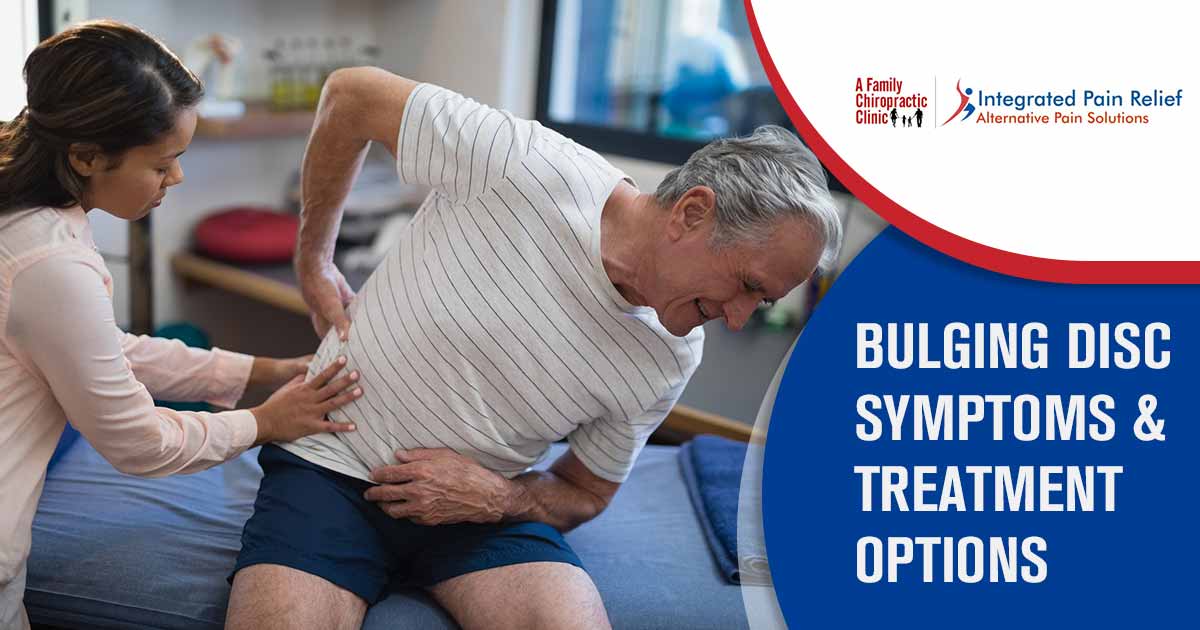Neck pain plagues millions of Americans every day. The pain can vary in intensity from person to person. For some people, the pain may be so awful that it interferes with their daily life. There are many types of neck pain. The onset of the pain along with the location and intensity of the pain can mean different things.
Our professionals, here at A Family Chiropractic Clinic in Denton, Texas want to help you understand your neck pain. Understanding your symptoms and the possible causes of neck pain can help you fight it. Our ultimate goal is to help you live a pain free life.
The Onset of Neck Pain
There are four primary ways that neck pain develops. It may begin slowly, over time, gradually worsening. This is typical of neck pain that begins with mild irritation but ends up being significantly painful by the end of the day. This also covers pain that is reoccurring and worsens each time it flares up. Most often, this type of pain is due to overuse or improper use of the neck and surrounding muscles.
Some neck pain begins immediately following an injury or event. You could wake up in the morning experiencing neck pain from sleeping at an awkward angle. Or you may be involved in an accident that causes immediate pain to your neck and surrounding muscles.
However, not all people who are in accidents notice the pain right away. Often time, pain after an automobile accident doesn’t become noticeable until one to three days after the accident. Delayed neck pain also tends to worsen over time. While you may feel fine after the accident, a week later you may not be able to move without excruciating pain.
Not all pain is brought on from a notable cause. Neck pain can also appear suddenly without any prior signs or any indication of a reason. You may be going about your day and suddenly experience neck pain that doesn’t seem to be associated with an injury or any specific movement.
The Location of the Neck Pain
The location of your neck pain could help you understand what may be causing the pain. Some pain may be caused by a compressed nerve due to a herniated disc. Depending on where the herniated disc is located, your symptoms could be different. This is because the compressed nerve may travel to a different part of the body in one location versus another. Knowing where the pain is can help determine which nerve root is likely to be compressed.
The vertebrae in your neck are numbered from the top down. The C1 and C2 vertebrae are the first and second vertebrae. The nerve roots in this area control the head. If the nerve roots in this area are being compressed then it’s very likely that the symptom you’ll experience include headaches. As we move down into the C3 and C4 area we reach the nerve roots that regulate your diaphragm and aid breathing. If the damage is done in this location you may have difficulty breathing. The nerve root in C4 can also cause pain to your lower neck and shoulder.
If the nerve compression is in the C5 area then you will likely experience shoulder pain accompanied by weakness in your upper arm. If the C6 nerve root is irritated then you may experience weakness or pain in your biceps and wrist. Occasionally this may include tingling and numbness that may extend to your thumb. Compression of the C7 nerve root will result in weakness in the back of your upper arm with the potential of radiating pain extending to your middle finger. And C8 nerve compression causes pain and weakness with your grip, including tingling and numbness that extends to your little finger. Check out, Right-Side Neck Pain Explained for more info!
Seeking Help for Neck Pain
No matter what pain symptoms you experience, it’s important to know when to seek help. As the pain progresses you may experience difficult sleeping, working, driving, and a number of other activities. If your neck pain continues to increase and is combined with the tingling, numbness, and weakness then you should consult your doctor for evaluation.
While most neck pain does subside on its own, sometimes it is the result of a serious condition. Some of these conditions include spinal cord injuries, cancer, meningitis, infection, or HIV. If your symptoms progress to include problems with balance and coordination, weight loss, fever, loss of bowel or bladder control, radiating pain or numbness, weakness, or tingling in the arms and legs you should seek medical attention right away. Check out, Neck Pain What You Should Know to learn more!
You should also seek immediate medical attention if the neck pain is the result of a traumatic event such as an accident or fall. Your neck should be immobilized and you should be taken to the emergency room to reduce the risk of paralysis.
After you’ve seen your doctor to rule out any underlying conditions or problems, if the neck pain persists you may consider seeing a chiropractor. Having a set of adjustments can greatly improve the function of your neck while reducing pain.
If you have questions about neck pain or would like a consultation, please contact A Family Chiropractic Clinic in Denton, Texas at (940) 566-0000.










